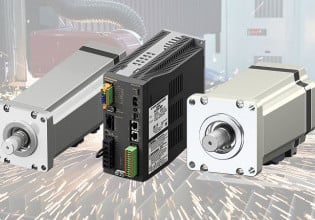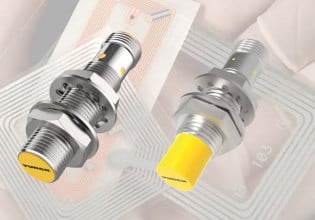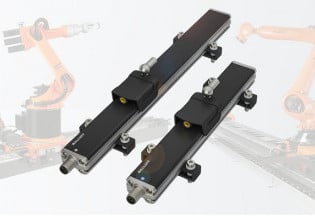R
The stator winding temperatures of 210 MW generator are measured by using the RTDs. These RTD carry odd harmonics when the set is synchronised with the grid or the set starts its generation. The DCS having the analogue input module which converts the RTDs directly into the Digital form doesn't convert this signal because of odd harmonics present in the signal. The DCS gives the above temperatures perfectly when the unit is not generating. There is no RTD to mA converter at present. If I had gone through this, I have to change the type of Analogue card in DCS which I don't want to. Is there any solution to filter out the harmonics present in RTDs? Any other user in power station have come across with this problem?






